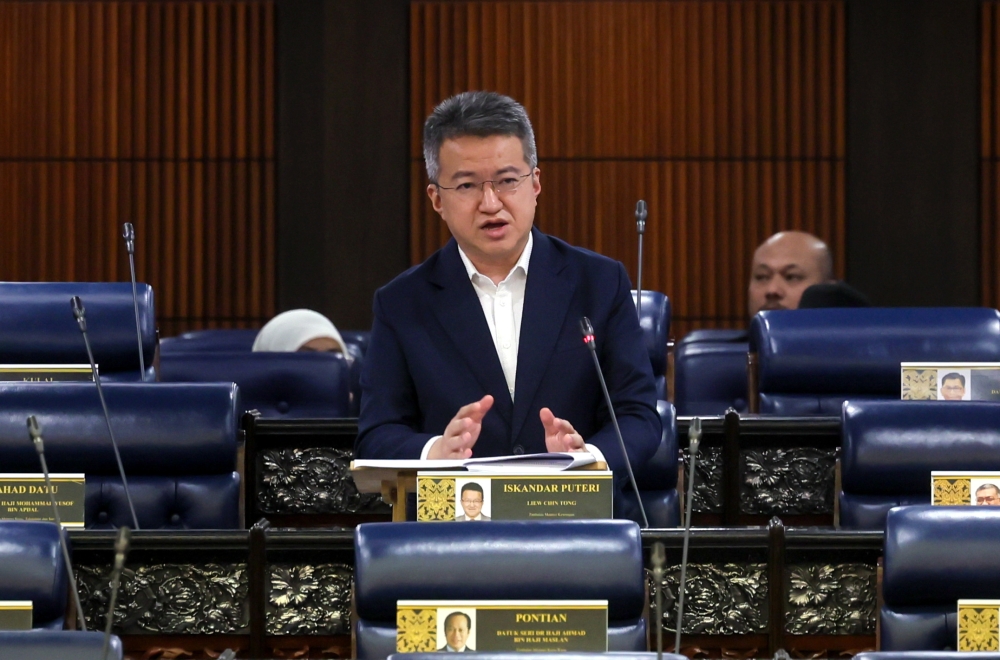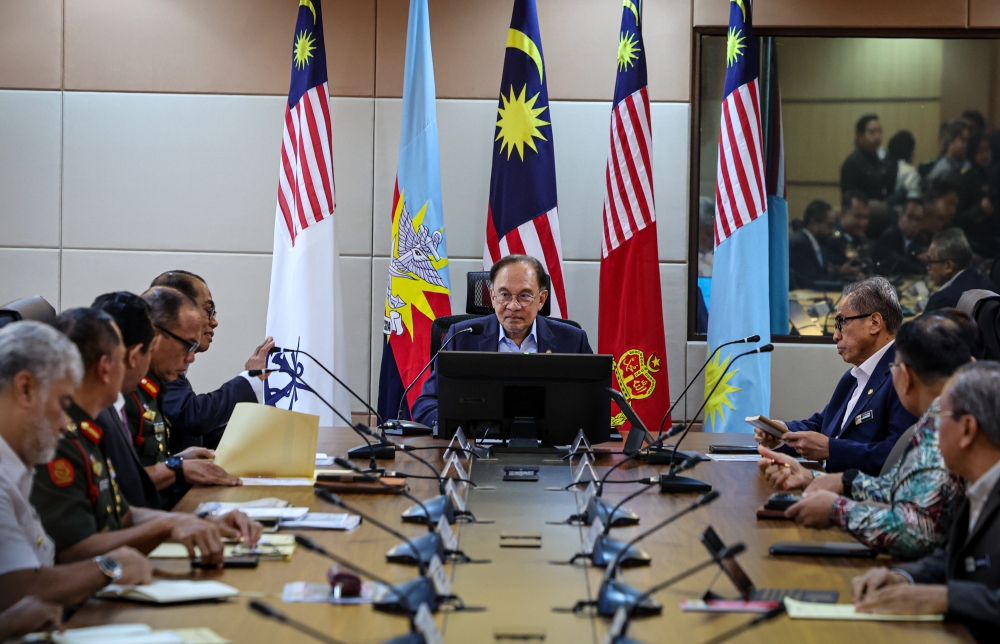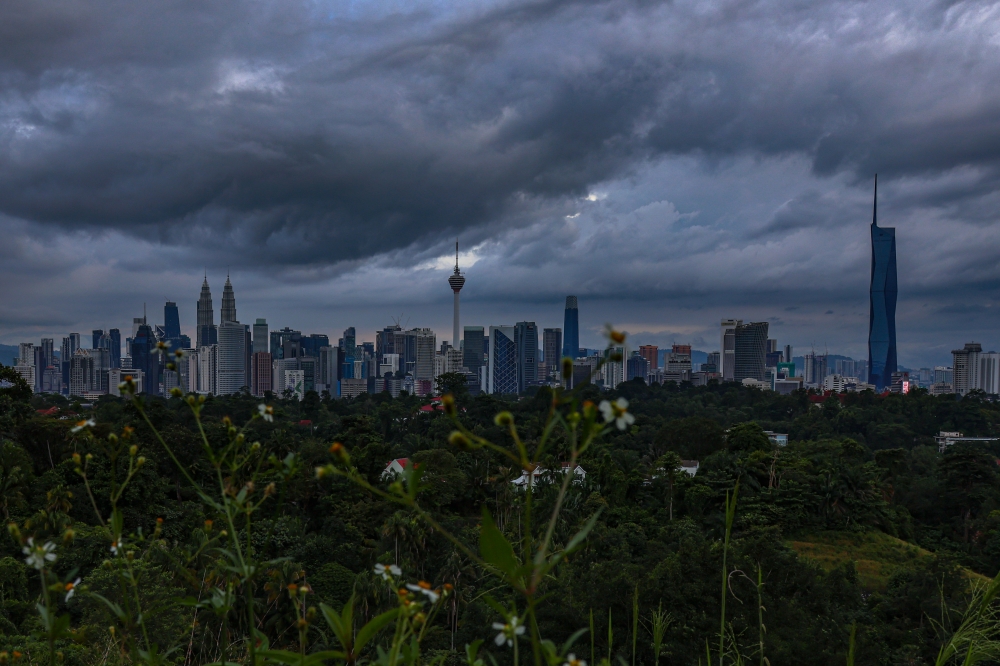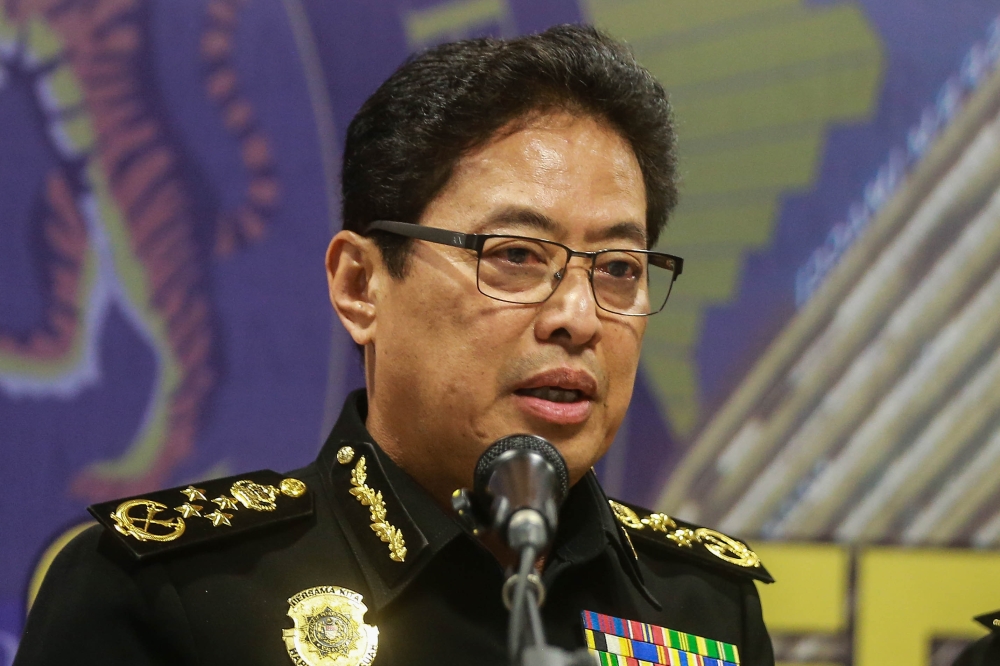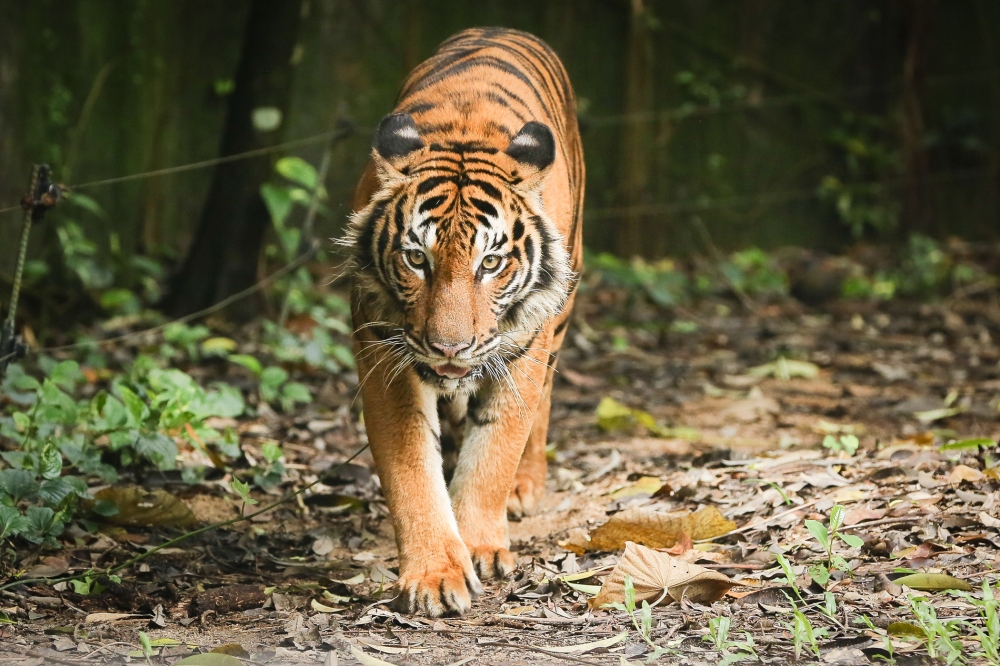NEW DELHI, April 9 — Pahang state will create a new nature reserve as part of Malaysia’s efforts to protect the endangered Malayan tiger, the Regent of Pahang, Tengku Hassanal Ibrahim Alam Shah Al-Sultan Abdullah, said today.
Pahang will gazette this month a new 1,340 square kilometres state park in the Gunung Aais and Tekai Tembeling forest reserves and an additional 400 square kilometres of area will be added soon to boost wildlife conservation efforts, he said in a speech at a conference in southern India.
“This new state park will provide a secure habitat to support the natural recovery of the wild Malayan tiger population and other important wildlife species including elephants, tapirs and gaur,” Tengku Hassanal said.
A soft release centre, the first of its kind in Malaysia, is part of the strategic plan for this park, he added.
The Regent of Pahang attended the conference in the southern state of Karnataka marking 50 years of India’s Project Tiger.
Praising the Indian initiative to protect the endangered big cats, Tengku Hassanal spoke about the need for greater efforts to save the Malayan tiger.
“Malaysia’s majestic icon once numbered over three thousand across the Malay peninsula, but today, it is on the brink of extinction,” he said, adding that a government survey between 2016 and 2020 found that just 150 Malayan tigers remained in the wild.
He said Malaysia has taken “concerted measures to reverse this plight” affecting the national icon.
Tengku Hassanal mentioned that since the formation in June 2021 of the National Tiger Conservation Task Force, which is headed by the prime minister, Malaysia has improved the effectiveness of its conservation efforts.
“In my state of Pahang, I realise the critical urgency to conserve a viable population of the Malayan tiger, in its natural habitat, due to our large areas of forested land,” he said.
Tengku Hassanal said the state’s initiatives over the years have included setting up of the Pahang Wildlife Conservation Committee to assist the Pahang State Biodiversity Council on wildlife protection, conducting an anti-poaching programme, and commissioning a study in the greater Taman Negara area to identify areas with high conservation value and to explore potential for green financing.
“The conservation of wildlife is not just a task for governments and conservation organisations but requires a collective effort from all stakeholders,” he said.
India’s tiger population
Indian Prime Minister Narendra Modi in his address at the Project Tiger commemorative event said his country accounts for 75 per cent of the world’s tiger population.
The country had 3,167 tigers in 2022 compared with the count of 2,967 in the previous survey in 2018.
India’s big cat population has seen a huge jump since the tiger was declared the national animal in 1973 and the number of tiger sanctuaries has grown from 9 to more than 50.
The tiger conservation project has given an excellent ecosystem for big cats to flourish, Modi said.
With only 2.4 per cent of the world’s land area, India contributes to about 8 per cent of the known global diversity, he said.
The prime minister launched the International Big Cats Alliance (IBCA), which will have membership of countries where tigers, lions, leopards, snow leopards, pumas, jaguars, and cheetahs are found.
It aims to end poaching and illegal trade in the seven big cat species. — Bernama



